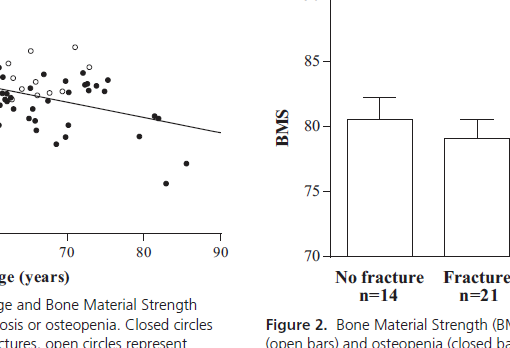Abstract
While insulin-like growth factor I is a well-known anabolic agent in bone evidence is beginning to accumulate that its homologue, insulin, also has some anabolic properties for bone. There is specific evidence that insulin may work to stimulate osteoblast differentiation, which in turn would enhance production of osteocalcin, the osteoblast-produced peptide that can stimulate pancreatic β cell proliferation and skeletal muscle insulin sensitivity. It is uncertain whether insulin stimulates bone directly or indirectly by increasing muscle work and therefore skeletal loading. We raise the question of the sequence of events that occurs with insulin resistance, such as type 2 diabetes. Evidence to date suggests that these patients have lower serum concentrations of osteocalcin, perhaps reduced skeletal loading, and reduced bone strength as evidenced by micro-indentation studies.
https://www.ncbi.nlm.nih.gov/pubmed/24567798
World J Diabetes. 2014 Feb 15;5(1):14-6. doi: 10.4239/wjd.v5.i1.14.


